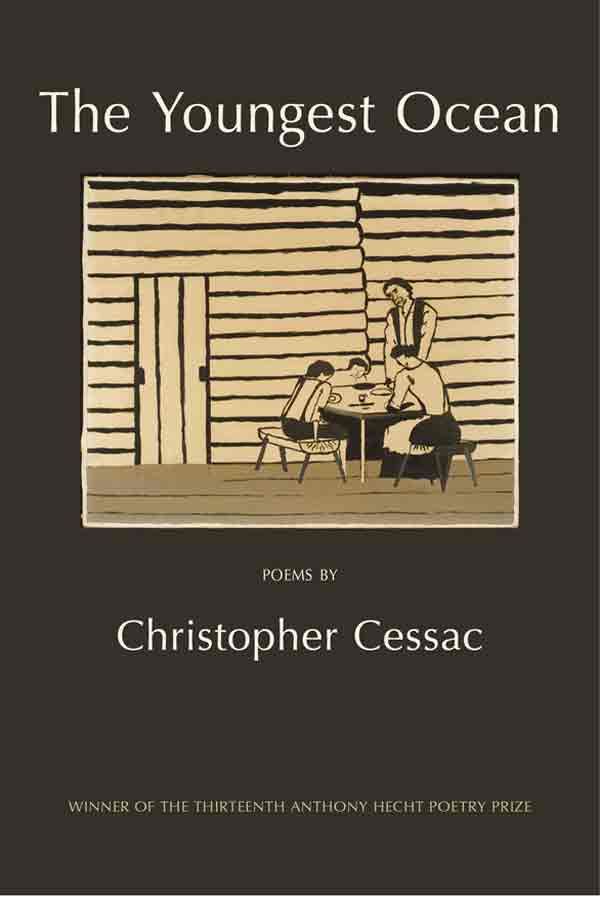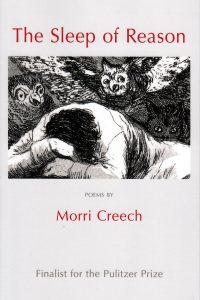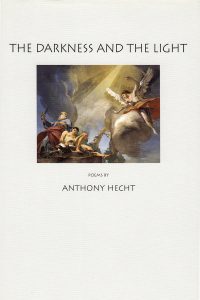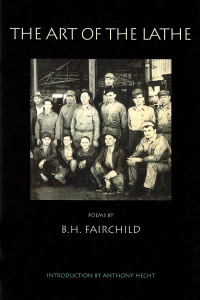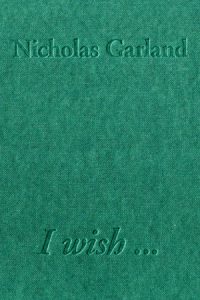The Youngest Ocean
Publication (US): October 15th, 2018
Publication (UK): March 15th, 2019
£9.99
Winner of the thirteenth annual Anthony Hecht Poetry Prize
Judge: Andrew MotionAristotle daydreams in a Chevy Suburban. Darwin is at kindergarten graduation. Six Characters in Search of an Author roam the Wal-Mart parking lot. From a library near Sappho, Washington to a movie theatre outside Ovid, Michigan, Christopher Cessac’s The Youngest Ocean explores everything before versus what is possible.
The anxiety of influence at issue here is not just concerned with making art but life in general: how to be in this world and what role model doesn’t disappoint.
On one hand, a peaceful life in an unwalled city
doesn’t seem too much to ask. But then again, pastoral dreaming solves everything except what matters.
The book’s final, long poem—part manifesto and part anti-creation myth for the New World—opens by positing one small step forward: Nothing beautiful to say about the world and never stop trying to say it.
Both questioning and celebrating our desire to persist despite,
The Youngest Ocean is an entertaining, thoughtful attempt to sing of inexpressible things
and, as the author notes, there is never enough music.
The Youngest Ocean
However we interpret the word surprise – which, after all, has meanings that range from wonderful to nasty – we know that our pleasure in a poem has a great deal to do with startlement. … These kinds of pleasure abound in … The Youngest Ocean, and seem all the more remarkable because their power to affect us in primitive human ways (by stirring our strong feelings, by amusing us, by intriguing us) cannot easily be separated from their strongly literary character and interest. That’s to say: they deploy a compactly witty style, they make a multitude of more-or-less learned references, and they play all manner of cerebral games, but they never lose their common touch. … The Hecht Prize is a distinguished thing, and The Youngest Ocean is a distinguished winner. As well as providing a wealth of surprising pleasures in the here and now, it whets our appetite to read whatever Christopher Cessac will write in the future.
– from Andrew Motion’s foreword
This is a book about Eros: the limits of love and at the same time our limitless longing for love. By turns surprising, mischievous, wise, plain-spoken, crafted, funny and, of course, tragic, these poems were written by Cupid himself: Cessac seems to have merely translated him, spying on him as he stalks small-town America with his quiver of arrows, his seeming innocence, his sly grin, his sadness. Even the table of contents seems to be a poem. From the hyperbolic ‘oldest god’ and ‘youngest ocean’ to everyday picnics and Prozac, the range here is Stevensian. This book is full of what Cessac in one poem blithely (or passionately?) calls ‘sex and parades and wisdom.’ As for that wisdom, this poet strives for it and does not think it to be unattainable; and he knows it begins with honesty: ‘The wrong // questions have always been our problem. / The answers we had down from the get go.’ As for the sex and parades (or the lack thereof): ‘The loneliness / we find in others can be a great comfort.’ This book is one example. Read it, and find solace in its radiance but also the failure of the fire of love. It has been a long time since Cessac’s last book, and The Youngest Ocean has been worth the wait. I love it.
– John Poch
Two poems from Christopher Cessac’s The Youngest Ocean
Six Characters in Search of an Author in the Wal-Mart Parking Lot
The day begins as parody of a day beginning.
Our children gather for the arts (martial
as usual). I still know how to find a good deal
of trouble. Confusing life with plot and how
to construct a decent one. The descent one makes
into fictions: this lust-filled convenience of on and off
ramps as we roam village to village in search
of necessities: a bargain on bliss or at least good
beer. Bare of music, waiting in the wings, still
no script with parts for us, half-heartedly rubbernecking
with my herd, the last good music I heard
left me and that was it. What is it you do?
See how sometimes I please and/or harm others?
That’s all I do.
Christopher Cessac
Poetics in the Suburban
Parked. Idling. Oblivious to the weather
or whether the crops are in, what the factories
are paying, when the troops are returning. Aristotle
would understand. These moments are hard won
and fragile. A little selfish space to dwell
on the precious—iambs (a life?), the introduction
of scenery (this parking lot?), the difference
between Comedy and Tragedy (“the comic mask
is ugly and distorted, but does not imply pain”).
This is the natural order of things. To cower,
at times, from all responsibility, to give
the heart a rest as smooth as sleep. To wake
and find the lot is full, the vultures circling,
pained expressions, coveting my space.
Christopher Cessac
Poetics in the Suburbanhttps://surf.pxwave.com/wl/?id=Bi4DOOCm1OvWoNYjc8WrTJDLnbdm7seW&fmode=open&file=.mp3
Excerpts
Two poems from Christopher Cessac's The Youngest Ocean
Six Characters in Search of an Author in the Wal-Mart Parking Lot
The day begins as parody of a day beginning.
Our children gather for the arts (martial
as usual). I still know how to find a good deal
of trouble. Confusing life with plot and how
to construct a decent one. The descent one makes
into fictions: this lust-filled convenience of on and off
ramps as we roam village to village in search
of necessities: a bargain on bliss or at least good
beer. Bare of music, waiting in the wings, still
no script with parts for us, half-heartedly rubbernecking
with my herd, the last good music I heard
left me and that was it. What is it you do?
See how sometimes I please and/or harm others?
That’s all I do.
Christopher Cessac
Poetics in the Suburban
Parked. Idling. Oblivious to the weather
or whether the crops are in, what the factories
are paying, when the troops are returning. Aristotle
would understand. These moments are hard won
and fragile. A little selfish space to dwell
on the precious—iambs (a life?), the introduction
of scenery (this parking lot?), the difference
between Comedy and Tragedy (“the comic mask
is ugly and distorted, but does not imply pain”).
This is the natural order of things. To cower,
at times, from all responsibility, to give
the heart a rest as smooth as sleep. To wake
and find the lot is full, the vultures circling,
pained expressions, coveting my space.
Christopher Cessac

